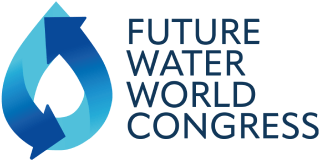Four R’s to Achieve ESG Compliance
By Nick Nicholas, via Water Online
Ideally, businesses should have criteria in every area of environmental, social, and governance (ESG) to ensure they are compliant. However, when it comes to the environmental aspect in particular, there are four R’s that companies should consider when striving to comply with the ESG framework: reduce, water reuse, water recycling, and water reclamation.
These four r-letter words are the most important to implement because they take into account the common environmental criteria for ESG, like waste management, depletion of natural resources, and companies’ carbon footprint. Therefore, if businesses want to ensure ESG compliance in the environmental area, here’s more insight into why they should implement the four R’s.
- Reduce
This practice focuses on reducing the dosage requirements of companies’ particular water treatment processes. While this can be a contentious point, reducing dosages not only improves the environment but it also helps companies reduce their operating costs.
- Water Reuse
Water scarcity is a significant water trend, with research suggesting that two-thirds of the world’s population could face water shortages by 2025. For companies and communities that want to make a positive impact on the environment, reusing water can go a long way.
With this practice, companies can reclaim water from various sources before treating and reusing it for beneficial purposes like industrial processes, agriculture and irrigation, groundwater replenishment, and more.
- Water Recycling
Water recycling focuses on businesses using wastewater and treating it so that it can be reused safely. By recycling water, companies can help improve water quality, enhance local water supplies, save energy and money, and decrease disposal and discharge costs of wastewater.
- Water Reclamation
Along the same lines as water reuse and water recycling is water reclamation. This practice focuses on collecting water from numerous sources before treating it to reuse it for various purposes like environmental restoration, industrial processes, groundwater replenishment, and irrigation. This tactic also has the ability to increase water supplies, improve sustainability, and enhance water resilience.
Implementing the Four R’s
Making reduction, water reuse, water recycling, and water reclamation a core part of a company’s foundation isn’t incredibly difficult, but it does take skill and knowledge. If businesses want to implement the four R’s to achieve ESG compliance, they need to work with experts who know the correct steps to take.



